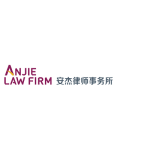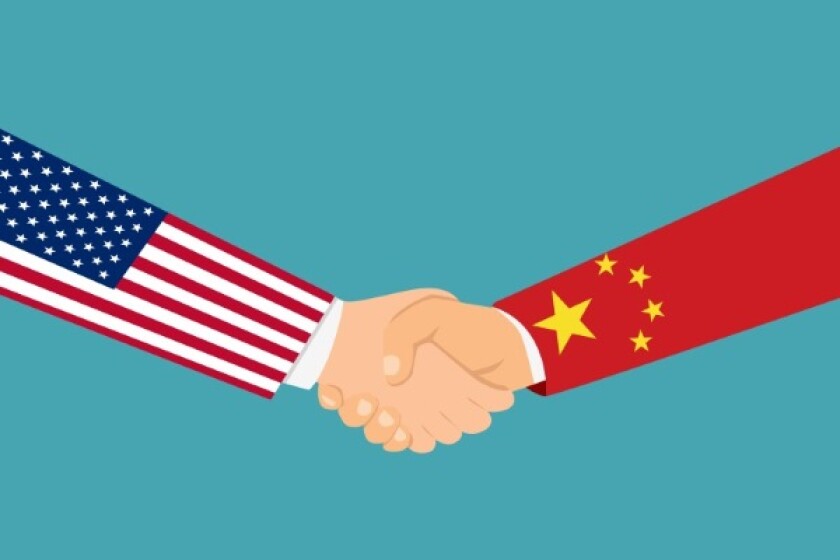In the US-China Phase One trade deal signed on January 15 2020, notable agreements on patents mostly relate to pharmaceutical sectors – Articles 1.10, 1.11 and 1.12. It is possible that these articles may also have implications for other sectors, which remains to be seen in the subsequent implementation. In addition, the provisions on judicial enforcement and procedures should benefit all patent owners. More technical issues such as indirect infringement or changes to the judicial review of invalidation decisions are not addressed. This update provides a brief overview of these key changes.
Article 1.10 – consideration of supplementary data
This requires China to permit pharmaceutical patent applicants to rely on supplementary data to satisfy relevant requirements for patentability, including sufficiency of disclosure and inventive step, during patent examination proceedings, patent review proceedings, and judicial proceedings. China amended its patent examination guidelines in 2017 allowing the submission of supplementary data, but concerns remained among major pharmaceutical patent owners. The amended guidelines only cover the patent examination and review proceedings, and in China, the standard for accepting supplementary data is rather strict. Not only should the technical effect proved by the supplementary data have been clearly disclosed in the original application, but also some serious research efforts on the disclosed technical effect should have been done. A bigger concern is that more pharmaceutical patents are rejected or invalidated under inventiveness grounds, where supplementary data is not allowed. Article 1.10 seems to take a big step ahead, without specifying how the rules will be applied. Actually, some chemical industry patent owners are facing similar issues with supplementary data in China. This article is under the section for pharmaceutical-related IP, but it will be interesting to see whether the change may be eventually extended to non-pharmaceutical patents as well. We suspect that the actual implementation will be in the form of both amendments to the patent examination guidelines and judicial interpretation.
Article 1.11 – effective mechanism for early resolution of patent disputes
This really means what it says in terms of providing an early stage dispute resolution for originators and generics. This article seems to be inspired by the patent linkage system as well as the Biologics Price Competition and Innovation Act (BPCIA) in the US, as the mechanism covers both small molecules and biologics. In fairly concise language, given the complexity of the patent linkage system, the agreement intends to allow originators to resolve their patent disputes with generics prior to marketing approval, on both infringement and validity, through judicial proceeding or administrative proceedings. Originators will be able to find adequate remedies such as preliminary injunctions using these early resolution mechanisms.
Since mid-2017, China has announced in several high-level policy documents its determination to explore the establishment of a patent linkage system for the pharmaceutical sectors. This agreement is no doubt a new commitment, and even extends to biologics. Compared to other IP-related sections in the Phase One agreement, e.g. trade secrets and bad faith trademarks, for which most commitments are in place, this patent linkage area will require a lot more detailed work when it comes to implementation. We expect that the courts may take the lead in several pending cases and rule in favour of originators against attempted launches of generics prior to the expiration of patents.
Interestingly, the pesticide industry for agriculture has similar problems between originators and generics and may hope to take advantage of such a mechanism for early resolution of patent disputes as well.
Article 1.12 – extension of patent validity period
This requires China to permit patent term extensions to compensate for "unreasonable delays" that occur in granting the patent (also known as patent term adjustment) or result from pharmaceutical product marketing approvals (also known as patent term restoration). This commitment may yield some meaningful benefits at a fast pace. Early in October 2017, China had already announced its plan to try "piloting the compensation system for patent term". Afterwards, the provisions on patent term extensions were incorporated into the latest draft amendments to the patent law, published in 2019. The proposed rules, which allow up to 14 years of actual effective patent terms are applicable to invention patents of innovative drugs for which marketing approval is applied synchronously in China and abroad. In relation to this change, some domestic companies are not pleased with the synchronous launch requirements. Others are concerned about the definition of "innovative drugs". Hopefully, new draft language will address these concerns. Given the Phase One trade deal, the legislature may also need to come up with rules on patent term adjustment due to unreasonable delays in the patent examination process.
In the sections related to judicial enforcement and procedures, several commitments are worth attention. The commitments on enforcement of IP judgments are broad without much specifics, but it may be useful for patent owners to ask for more effective enforcement of permanent injunctions or even evidence preservation orders. Note that China actually has accomplished a lot when it comes to enforcement of monetary damages through its blacklist system and social credibility systems. Defendants who failed to pay damages suffer from real repercussions, including not being able to take aeroplanes.
The documentation authentication section is our favourite. It seems that practitioners finally may be able to save themselves from the notarisation and legalisation of overseas evidence, which can be introduced or authenticated through stipulation, or witness testimony under penalty of perjury.
The Phase One agreement also provides that China shall afford a party a reasonable opportunity to present witnesses or experts in its case and cross-examine any witness testifying in the proceeding. The requirements may be considered a done deal given current Chinese laws and regulations. The true challenges will lie in ensuring expert opinions are dealt with in a reasonable matter during trial or in court judgments.
In summary, the Phase One deal offers some new opportunities for patent owners, especially those in the pharmaceutical sectors. A patent linkage system will also benefit China-based innovative pharmaceutical companies. Once China reveals its action plan for implementing the agreements, we may have more insights on how the future system looks.
He Jing and Jerry Xia












